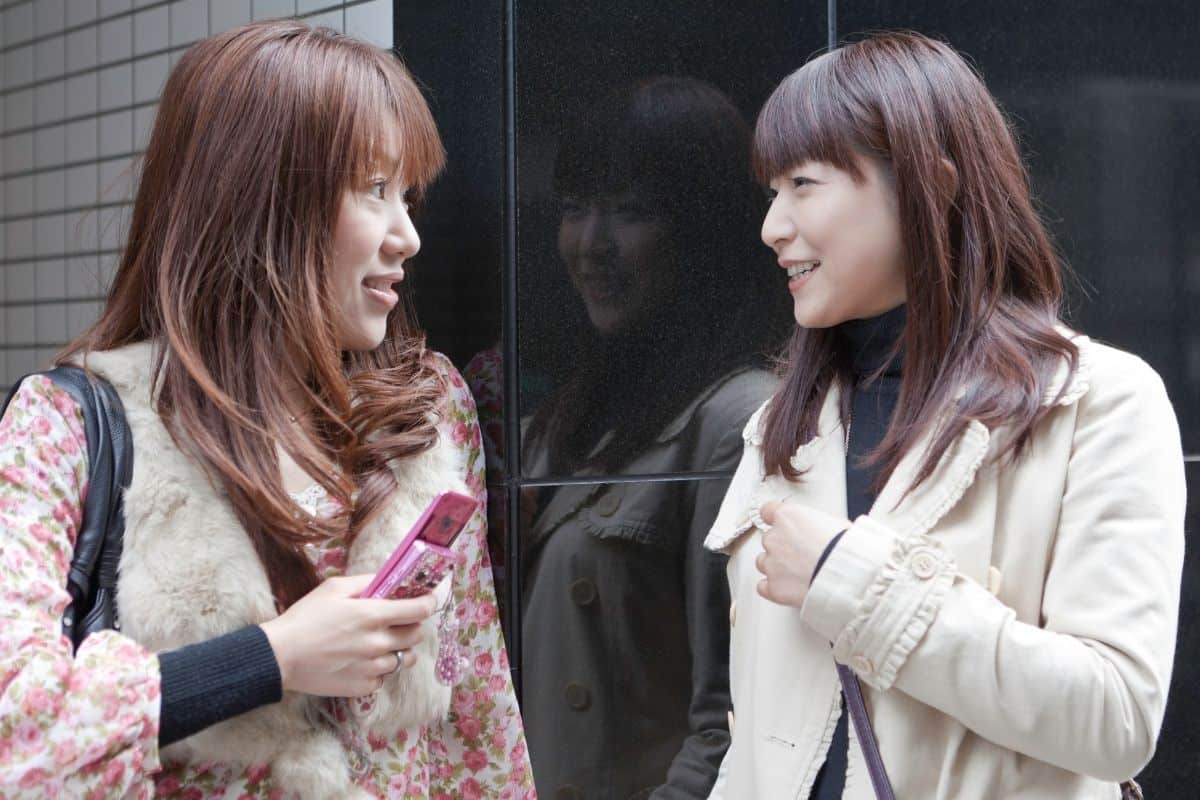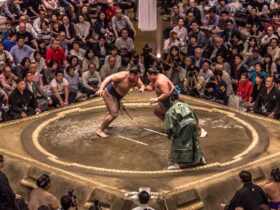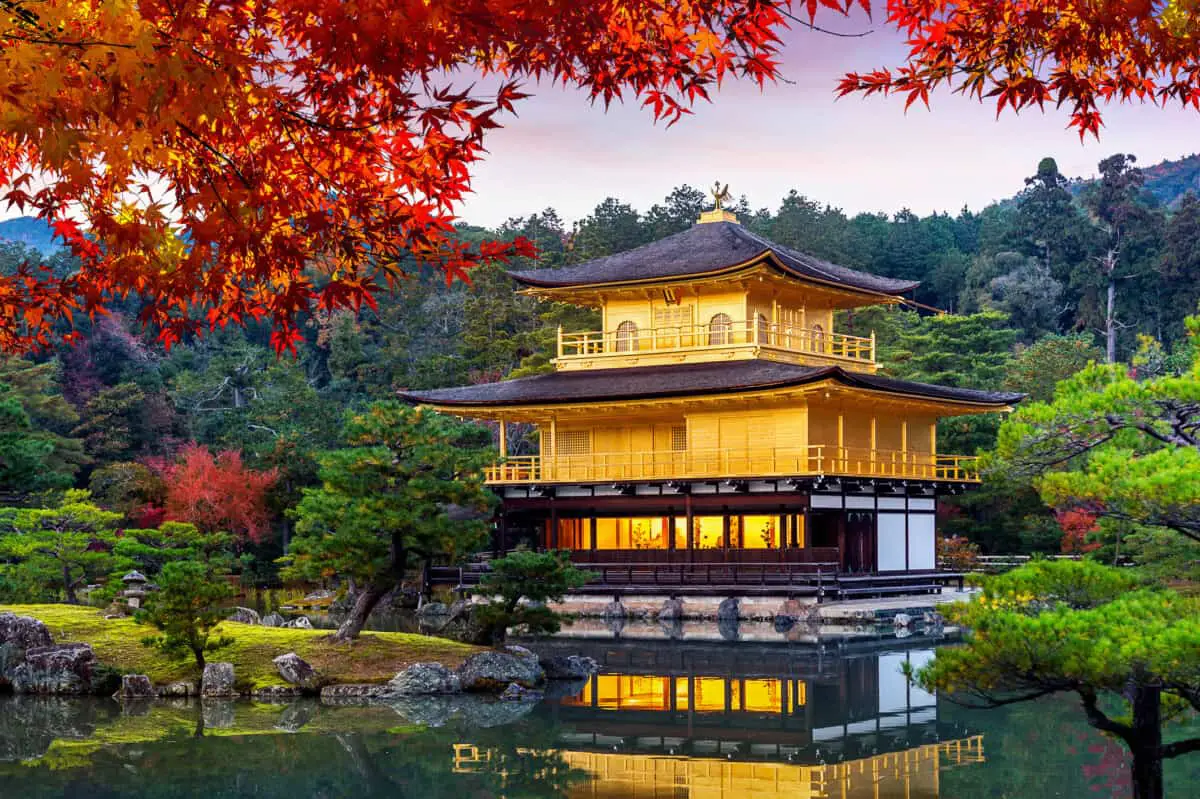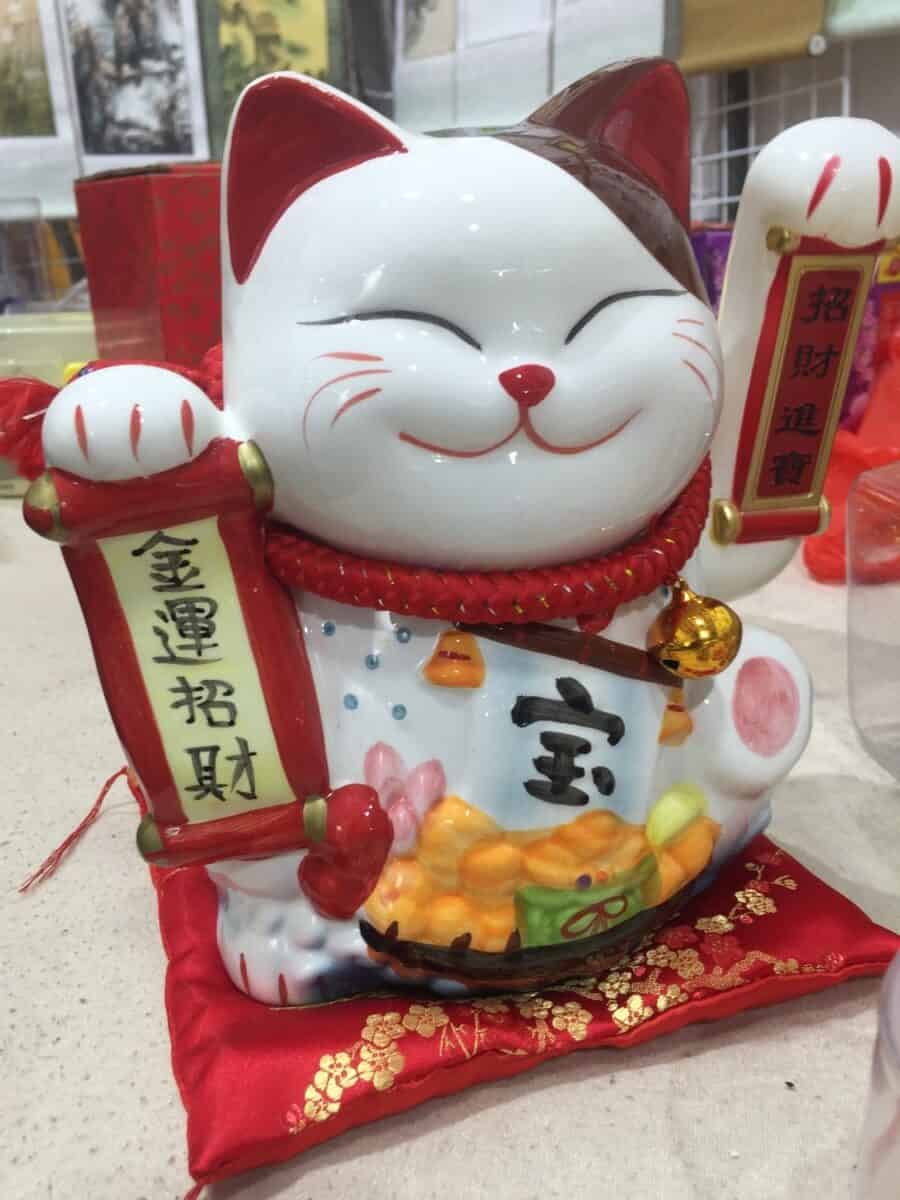As a tourist, visiting a new, unfamiliar country can be daunting especially because you don’t know the language, culture, or people.
For these reasons, it’s important for you to learn a few basic phrases or sentences in the mother tongue of the country you’re visiting, to ease you better into the surroundings and make it easier for you to ask for help if the need arises.
Say you’re visiting Japan, a land of good food, rich culture, proper etiquette, and language, the first thing you need to do is to learn some basic introductory phrases, body language, and etiquette.
Learning a few basic phrases in Japanese isn’t hard at all, and makes you seem polite to the natives which makes it more likely for them to help you with your questions and problems.

Some Basic Words I Need to Know:
Being a tourist in Japan can be difficult if you don’t know the usual Japanese greetings, gestures, and how to introduce yourself.
Before we start off with telling you about the greetings, there are also specific words you need to know for when you want to say sorry, excuse me, or thank you:
- “Arigatou” (ah-ree-gah-toh) means “Thank you.” For a politer version, use “Arigatou gozaimas” for present/future tense and “Arigatou Gozaimashita” for past tense.
- “Sumimasen” (su-mee-mah-sen) which can mean pardon me, excuse me, or as an apologetic phrase. Japanese people often use it to depict gratitude as well. This will be useful as a conversation starter when asking someone for directions.
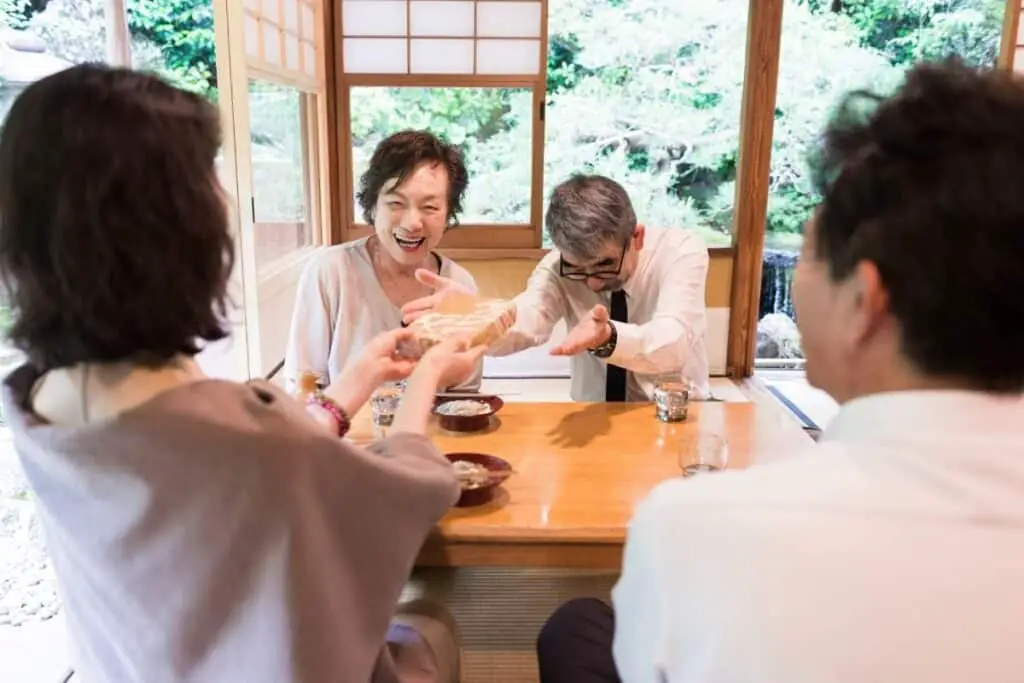
How Do You Greet Someone in Japanese?
Greetings are a basic form of conversational etiquette, and thus are necessary when you want to go talk to a stranger or ask them about something regarding Japan.
Most of the time, while greeting each other, Japanese people say “Hajimemashite” which translates to “Nice to meet you.” Alternatively, you can also use these phrases:
- “Ohayo” (pronounced “ohio”) which means “Good morning.” For a politer version of this greeting, you can also say “Ohayo gozaimasu” (o-high-o go-zigh-mas).
- “Konnichiwa” (kon-knee-chi-wah) means “Good afternoon” and can be used between noon and 5 pm.
- “Konbanwa” (kon-bahn-wah) means “Good evening” and can be used after 5 pm.

Introducing Yourself in Japanese
After you’re done with the initial greetings, now it’s time to introduce yourself to the other person. Starting with the name, the simplest phrase you can use is “Watashi no namae wa (name) desu” (wa-tah-shi no na-mah-ay wa _____ dess) which means “My name is _______.”
The important thing to know: When introducing themselves, Japanese say their family names or surnames first and then their first names, for example, if your name is Joe Smith while introducing yourself in Japanese you will say “Watashi no namae wa Smith Joe desu.”
There are also alternatives to this aforementioned phrase:
- “(Name) to moushimasu” (______ to moh-she-mass) as a politer alternative.
- “(Name) desu” (_______ dess) means “I’m _____” as a more casual and local alternative.
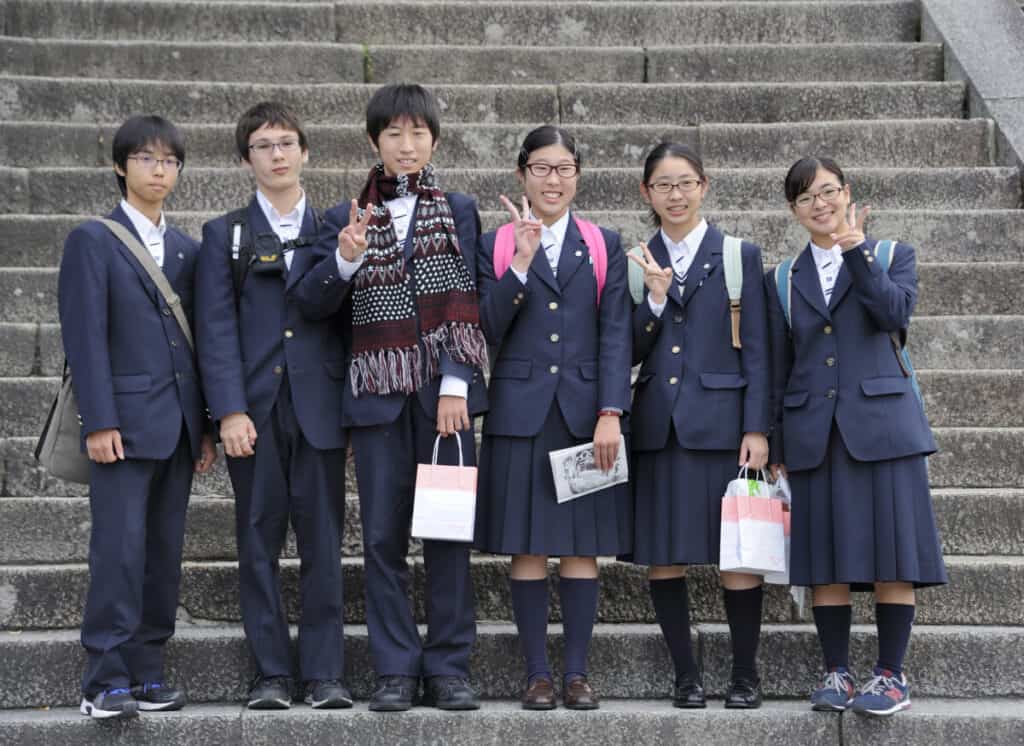
How Do I End My Initial Introduction?
After you’re done with your introduction, a polite way to end your greeting is by saying “Yoroshiku onegaishimasu” (yoh-rush-ku onay-guy-she-muss) which translates to “Pleased to make your acquaintance” or “Nice to meet you.”
A more accurate translation is “Please take care of me” but since this phrase does not have an English equivalent it could be used to mean either of those translations.
This is like a more polite template to complete your greetings in Japanese when meeting for the first time. A more casual or informal alternative for this would be “Yoroshiku” shortening up the original phrase.
How to Say Your Age, Nationality, and Profession in Japanese?
To explain more about yourself using the phrase “Watashi wa ______ desu” (wah-tah-shi wa _____ dess). The blank space can be used to fill in your age, profession, or nationality. For example, to say “I am a designer” you’d say “Watashi wa designer desu.”

How Do I Apologize in Japanese?
To apologize, say “Gomenasai” (go-men-nah-sai) which is used in instances when you mishear someone. This is an alternative to the phrase “Sumimasen” which is often used as an apologetic phrase when you accidentally bump into someone.
How Do You Say Goodbye in Japanese?
After all the introductions and conversations, alas comes the time to say goodbye. To say goodbye in Japanese, use “Sayonara” (sah-yo-na-rah) meaning “Until we meet next time.”
Since this phrase gives off a sense of finality, it’s better to use the phrase “Matane” (ma-ta-nay) which means “See you again.”

Other Questions You Can Ask as a Tourist
To ask “How are you?” use the phrase “Genki desu ka?” (gen-key dess ka). As a reply, if someone asks you this question say “Hai, genki desu! Arigatou gozaimasu. Anata wa?” which means “Yes, I’m fine. Thank you for asking! What about you?”
While asking for the other person’s name, say “O namae wa nandeska?” (o na-maye wa nan-dess-ka) which means “what is your name?”
While asking “What about you?” use “Anata wa dodesu ka?” (a-nah-ta-wa do-dess ka).
Body Language
To avoid any social taboos, make sure to remember these gestures and signs:
- When starting your introduction and ending it, it’s important to bow down instead of shaking hands like you would normally do. This is a sign of respect in the Japanese culture.
- Don’t bow while talking, it is considered very rude. The bowing is only reserved to the starting and the ending of your introduction.
- Always receive anything you’re given with both hands while bowing slightly. This is a sign of humility and shows that you’re extending respect to those giving things to you.
- Never hold both your hands behind your back, this displays an air of arrogance. Instead, hold both your hands at your front or leave them at your sides.
- Pointing, slouching, looking someone in the eye too much, crossing your arms and gestures like these are considered very rude to the Japanese, so we advise you avoid them.
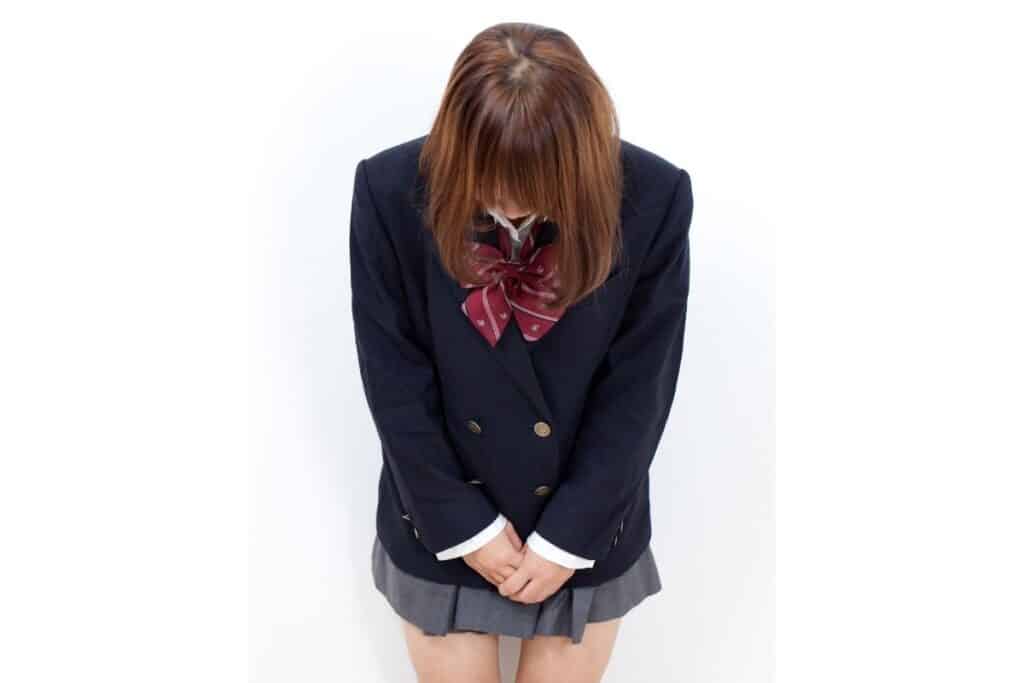
Important Tips and Considerations to Avoid Social Taboos
When thinking of choosing between casual greetings and formal ones, always go for the formal ones to avoid offending a Japanese native by accident.
It will not only sound very polite but will encourage the other person to reply in the same courtesy as the one you’ve bestowed upon them.
The main difference between the standard English pronunciation and the Japanese one where letters are concerned is that in English, you pronounce hard “t” and “d” whereas in Japanese these letters are pronounced softly, for a better understanding you could also use google translate pronunciation option.
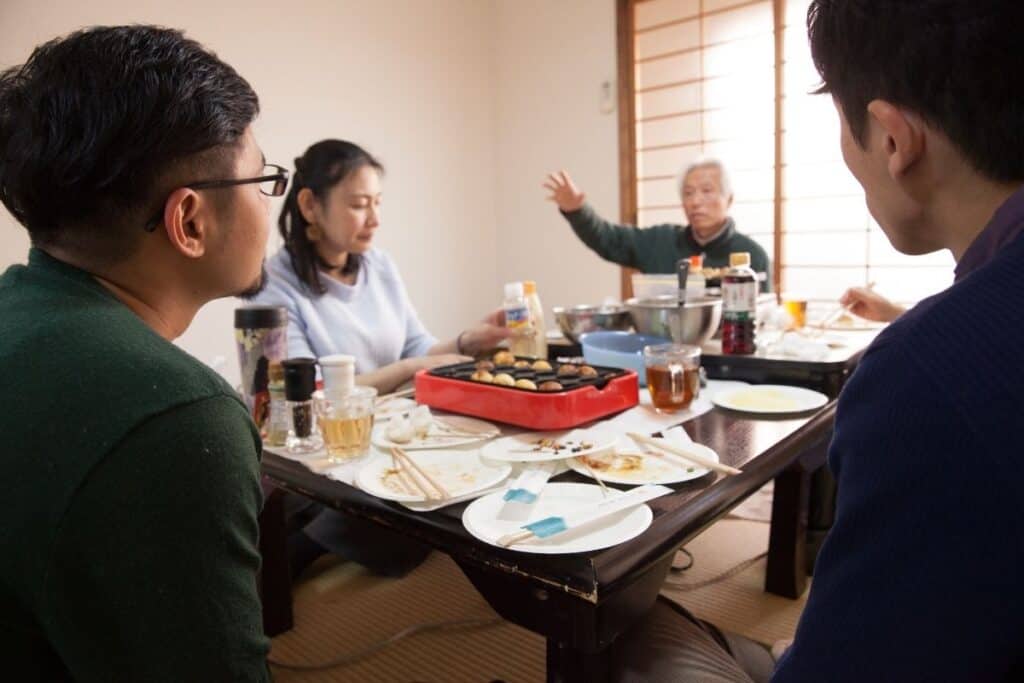
It’s always better to have good pronunciation, but we advise you do not to worry too much over this as Japanese people often find it endearing when you mispronounce some Japanese words by accident, so offending them by mispronouncing should not be your main worry.
Japanese locals put a lot of emphasis on body language, etiquette, manners, and ethics, hence it’s important for you to know and remember which hand gestures are offensive and which are deemed polite.
A Complete Course On Learning Japanese With JapanesePod101
As a tourist, you’re visiting Japan and hence the right amount of respect and courtesy needs to be extended from your end with these basic rules of introduction and greetings.

